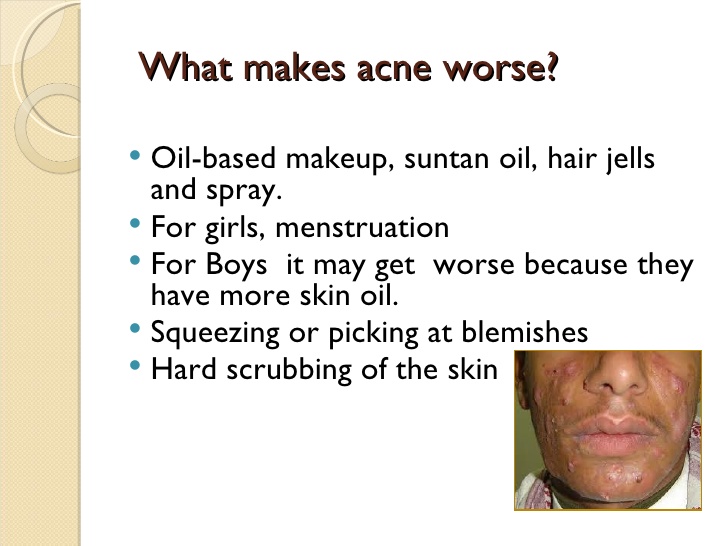Hygiene is a  conditions or practices conducive to maintaining health and preventing disease, especially through cleanliness.
conditions or practices conducive to maintaining health and preventing disease, especially through cleanliness.
We are focus on personal hygiene specifically in the area of the skin.
The skin is the largest organ of the body, with a total area of about 20 square feet. The skin protects us from microbes and the elements, helps regulate body temperature, and permits the sensations of touch, heat, and cold.

Skin has three layers:
- The epidermis, the outermost layer of skin, provides a waterproof barrier and creates our skin tone.
- The dermis, beneath the epidermis, contains tough connective tissue, hair follicles, and sweat glands.
- The deeper subcutaneous tissue (hypodermis) is made of fat and connective tissue.
COMMON SKIN PROBLEM
Bad odor

- Body odor is caused by bacteria breaking down sweat and is largely linked to the apocrine glands. They are scent glands. The apocrine glands are mainly responsible for body odor because the sweat they produce is high in protein, which bacteria can break down easily.
Causes:
- Poor hygiene
- food such as onions and garlic
To be “odor-free” consider the following tips:
- Apply an antiperspirant at bedtime.
- Keep your underarms dry. Bacteria have a hard time breeding in dry areas of the body.
- Try a solution of hydrogen peroxide and water to fight body odor. Use 1 teaspoon of peroxide (3%) to 1 cup (8 ounces) of water. Wipe this on affected areas (underarm, feet, groin) with a washcloth. This may help destroy some of the bacteria that creates odor
- Change your diet. Sometimes, fatty foods, oils, or strong-smelling foods such as garlic, curry, and onions, can seep through your pores and cause body odor.
- Shaving your underarm regularly will help prevent the accumulation of bacteria and can reduce sweat and odor
Acne


Skin Care tips for Acne are the following:
- Cleanse your Face at Least Twice a Day
- Use an Astringent
- Choose Oil-Free and Water-Based Skin Care Products
- Don’t Scrub at Your Skin
- Use Exfoliating Products and/or Acne Treatments Regularly
Thank you for reading and visiting.
